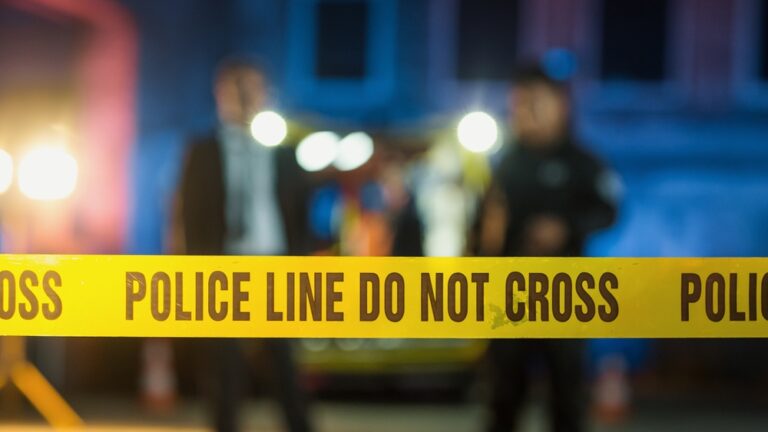
Police Tape 101: Everything You Need to Know
Police tape, commonly known as crime scene tape, is an important tool used by law enforcement to secure…
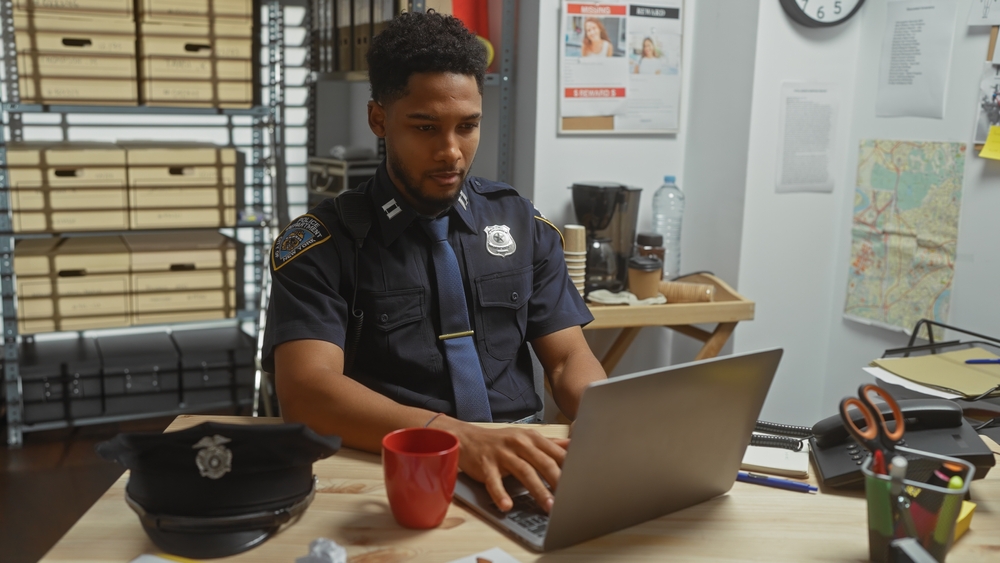
There is some confusion about the difference between police officers and detectives.
Many people think both are the same, but some key differences exist. Police officers enforce the law, while detectives are responsible for investigating crimes.
This article will discuss the differences between these two professions and explain what each one does.
A police officer is a person who patrols and maintains public order by enforcing laws and arresting criminals.
They typically have a lot of training in law enforcement and criminal justice, which helps them to do their jobs effectively.
They may work for a specific police department or a government agency such as the FBI or the DEA.
A patrol officer is responsible for several essential tasks, including responding to emergency calls, patrolling their assigned area, traffic duty, and so on. They also work with the community to build relationships and create a sense of safety. Here’s a list of duties that law enforcement officers perform:
Curious about patrolling? Check our guide about types of police patrols.
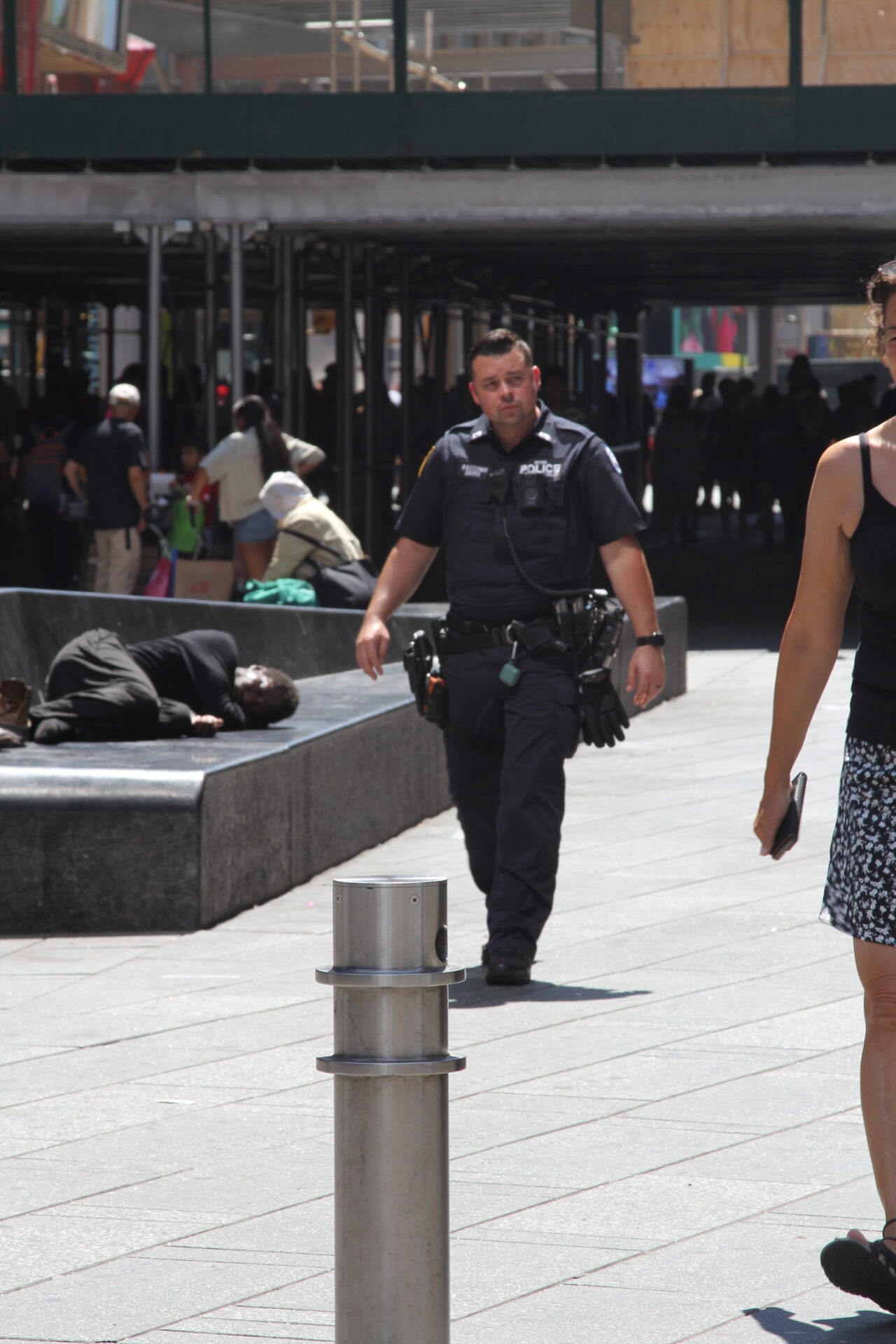
A detective is an elevated rank of a police officer with specific added responsibilities. Detectives are mainly concerned with the resolution of criminal cases. They can undertake inquiries connected to police reports to interrogate suspects and victims of significant or violent crimes. When investigating a crime, detectives may seek the advice of forensic scientists to get more information. They also can question potential witnesses and testify as experts in court.
Detectives typically investigate crimes, including gathering evidence, interviewing witnesses, and looking for clues. They may also work on missing person cases or other investigations. Here is a complete list of duties a Detective performs:

Some key distinctions between detectives and regular police officers are as follows:
The responsibility that comes with becoming a detective is more than that of a patrol officer. Detectives occupy a position of more authority in the workplace since being a detective is often achieved by promotion from the position of a cop. Not surprisingly, detectives have more power than regular police forces in certain areas. Although detectives have a higher ranking than patrol officers, they do not have any additional powers in most jurisdictions.
Patrol cops and detectives share certain responsibilities, although detective work focuses more on the investigation. While a patrol officer’s primary responsibility is to uphold the law, detectives are tasked with in-depth investigations.
Patrol cops and detectives have different salary structures. In the United States, a detective’s pay is greater than that of a regular police officer since the detective position is often attained by promotion from being a regular street cop.
Becoming a detective might be academically harder than becoming a police officer. To become a police officer, one must attend and complete a police academy. Besides these credentials, detectives may also get specialized training in theoretic disciplines, such as forensics, allowing them to conduct more in-depth investigations.
The capability of detectives to focus on specific sorts of crime is another way they vary from patrol police. Additional education and sometimes even a license are sometimes needed for certain specializations. The following are some areas of expertise that detectives may pursue:
Crime scene detectives specializing in forensics may devote their time and energy to analyzing physical evidence and conducting scientific tests.
As a detective, one of your areas of expertise may be looking into murders.
Financial crimes like fraud are often the focus of detectives who choose to specialize in this area.
Detectives that specialize in cybercrime may look into crimes like hacking and collect data evidence from digital devices like computers and mobile phones.
Detectives that specialize in narcotics look into drug trafficking and criminal gangs.
Both cops and detectives may need different skill sets depending on their roles. Skills necessary for patrol officers include the following:
Cops that are physically fit are often more able to deal with threats and apprehend offenders.
Using good judgment in difficult situations is an invaluable asset for patrol officers.
Empathy allows police personnel to connect with the public they serve, which may help defuse tense situations.
Building trusting connections with community people requires police officers to have strong interpersonal skills such as active listening and communication.
Practical conflict resolution skills may help cops defuse potentially volatile interactions with the public and avoid harm while on duty.
If you want to read more about skills and qualities needed by police officers, written by an experienced cop, see our in-depth article.
The following skills are often seen in successful detectives:
A detective’s critical thinking ability will help them analyze crime scenes and deal with difficult situations.
Detectives must pay close attention to minor details to properly analyze and solve cases.
To avoid being disheartened while investigating complex cases, detectives can utilize their tenacity to look at previous clues fresh.
Detective work benefits from problem-solving abilities like analytical thinking.
To acquire reliable statements from victims and witnesses, detectives might benefit from the leadership qualities of those who work with them.
The main difference between a police officer and a detective is that a police officer’s duty is to ensure peace and enforce the law. In contrast, a detective is a specially trained investigator responsible for solving crimes.

Police tape, commonly known as crime scene tape, is an important tool used by law enforcement to secure…
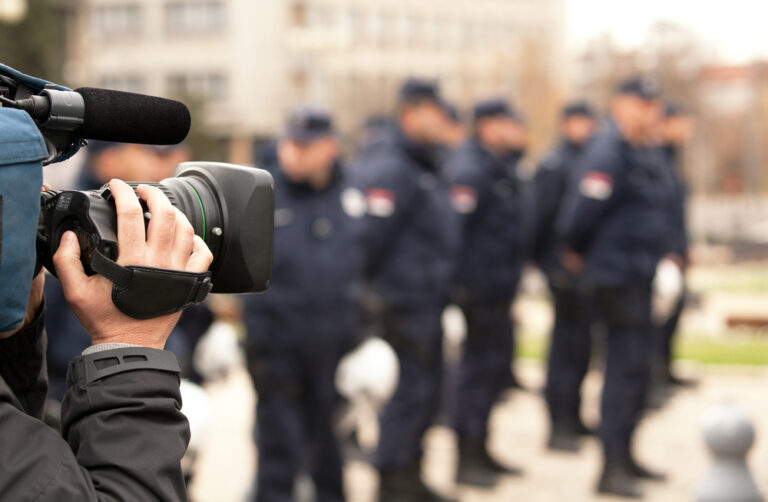
The police are called daily regarding various incidents of public interest. It is our responsibility to provide the…
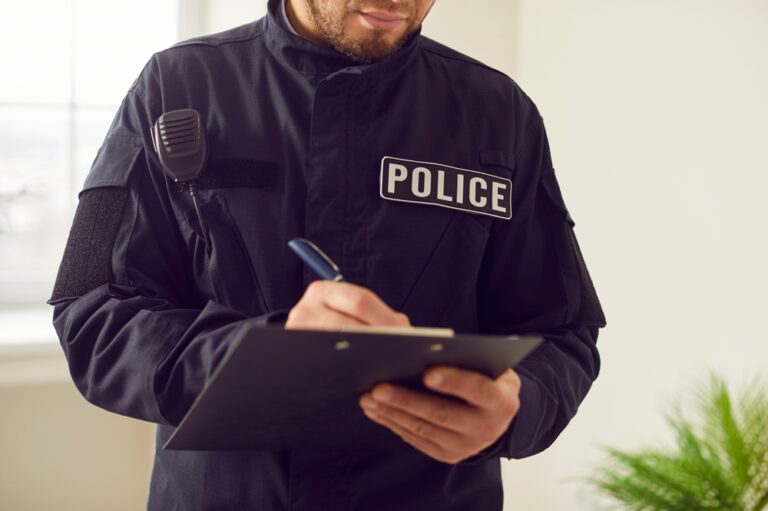
Many police officers experience terrible, traumatic events in the line of duty. A significant number of police officers…